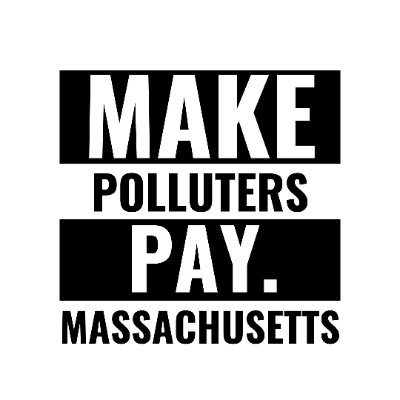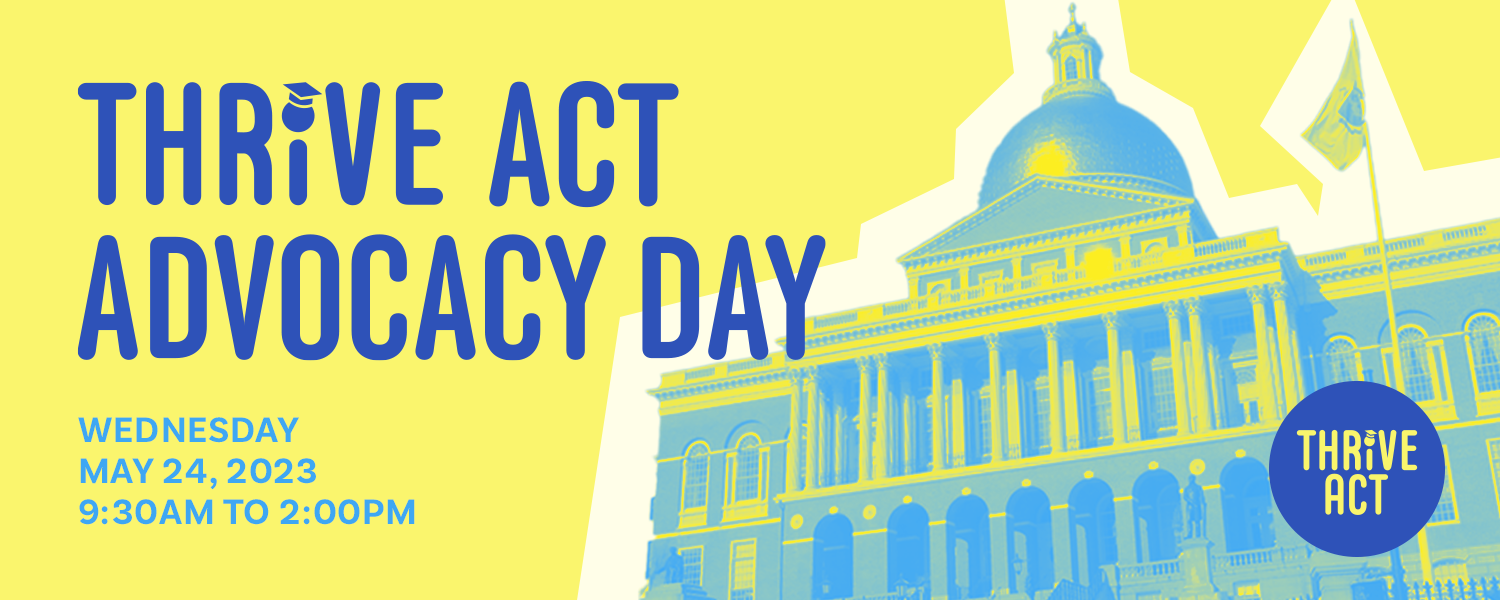Tomorrow, the Massachusetts Legislature is hosting a hearing on a new bill to address the climate crisis: the Polluters Pay bill.
This bill, modeled on legislation filed in other states and nationally, embodies a core principle: those who created the climate crisis should have to pay for cleaning up the resulting damages.
At the same time that communities across the Commonwealth are facing the growing costs of climate adaptation — costs that will grow significantly in the coming decades — fossil fuel companies are making record profits.
The Polluters Pay bill would require companies that have contributed significantly to the buildup of climate-warming greenhouse gasses in the atmosphere to bear a share of the costs of needed infrastructure investment. By doing so, it would would raise an estimated $75 billion over 25 years from the 20 largest polluting companies to provide funding for climate resiliency efforts such as restoring coastal wetlands; upgrading roads, bridges, subways, and transit systems; preparing for and recovering from hurricanes and other extreme weather events; installing energy efficient cooling systems; upgrading the electrical grid; and expanding green spaces and urban forestry.
Moreover, the bill understands that our sustainability transition must be a just one, with key provisions to ensure that sufficient funds go to environmental justice populations and that the funding goes to the creation of good-paying jobs.
Can you email your state legislators today in support of this bill?
You can find out if your legislators are already co-sponsors here.

Details for tomorrow’s hearing:
- 12 pm: Rally on the State House steps with 350 Mass / Better Future Project and allies
- 1 pm: Hearing
- Sign up for either here.
Mark Your Calendars: What’s Coming Up
Thursday, May 18 @ 11 am at the State House: No Cost Calls Lobby Day — RSVP here
The Keeping Families Connected / No Costs Calls coalition will be having a Senate advocacy action day to ask Senators to co-sponsor budget amendment #941, which will create a stronger guarantee of no cost calls in the state’s budget. The coalition will be meeting at the fourth floor cafe.

Wednesday, May 24 @ 9:30 am at the State House: Thrive Act Lobby Day —RSVP here
This is an exciting opportunity for students, families, educators, staff, and community activists to come together and connect with legislators about the Thrive Act, new legislation that would create a system of school assessment and improvement that considers the whole child, and focuses on giving students and educators the tools and resources they need to succeed.

Tuesday, May 30 @ 10 am at the State House: Healthy Youth Act Lobby Day –RSVP here
An Act relative to healthy youth (S.268/H.544) is a common sense bill that reflects the consensus of the vast majority of MA residents. The bill’s core provision is simple: it will require any public school that already chooses to teach sex ed to provide a medically accurate, age-appropriate, comprehensive sexual health education.

Wednesday, June 7 @ 2 pm at the State House — Youth Justice Lobby Day — RSVP here
Join activists across the state to advocate for bills that would end the school-to-prison pipeline and ensure better outcomes for our youth. The lobby day will focus on bills to keep 18-to 20-year-olds out of the adult criminal justice system, expand opportunities to expunge criminal records, create opportunities for diversion, and more.

